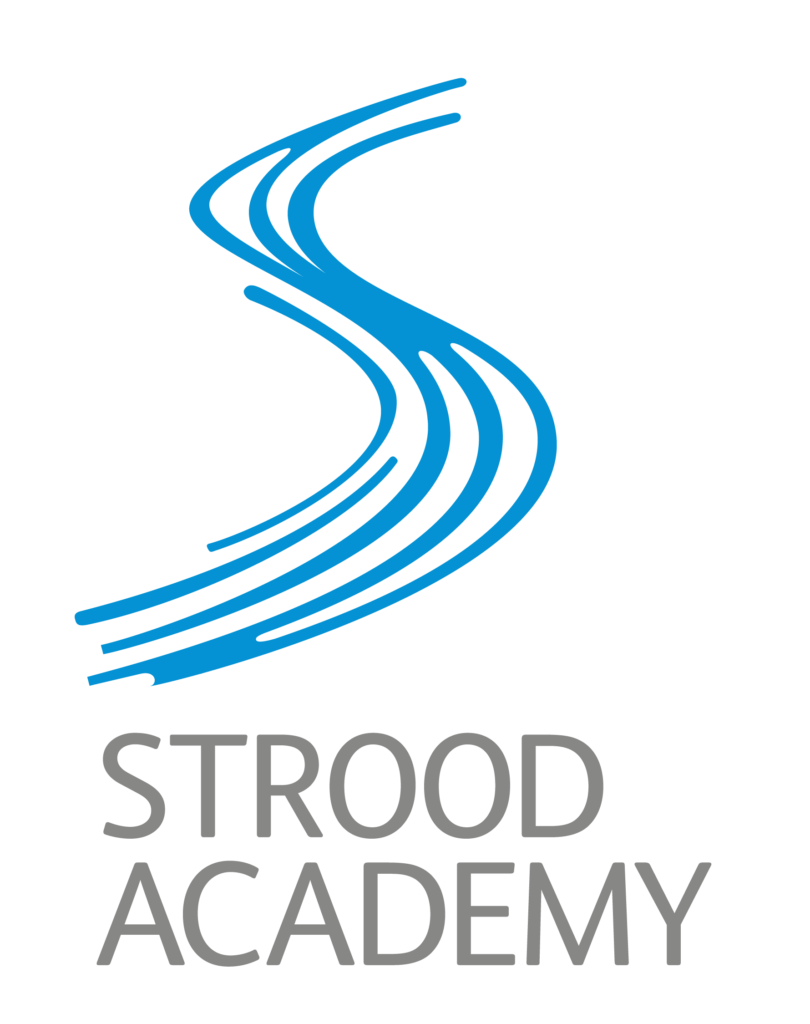Module 1
Theme 1 – Life in Modern Britain
- What are the principles and values that underpin British society?
- What do we mean by identity?
- What is the role of the media and the free press?
Module 2
Theme 1 – Life in Modern Britain
- What is the UK’s role in key international organisations?
- How can citizens make their voice heard and make a difference in society?
Module 3
Theme 2 – Rights and Responsibilities
- What laws does a society require and why?
- What are a citizen’s rights and responsibilities within the legal system?
Module 4
Theme 2 – Rights and Responsibilities
- How has the law developed over time, and how does the law protect the citizen and deal with criminals?
- What are the universal human rights and how do we protect them?
Module 5
Theme 2 – Rights and Responsibilities
- How do citizens play a part to bring about change in the legal system?
Module 6
Revision
Mock exam
Introduction to Theme 4 – Active Citizenship


